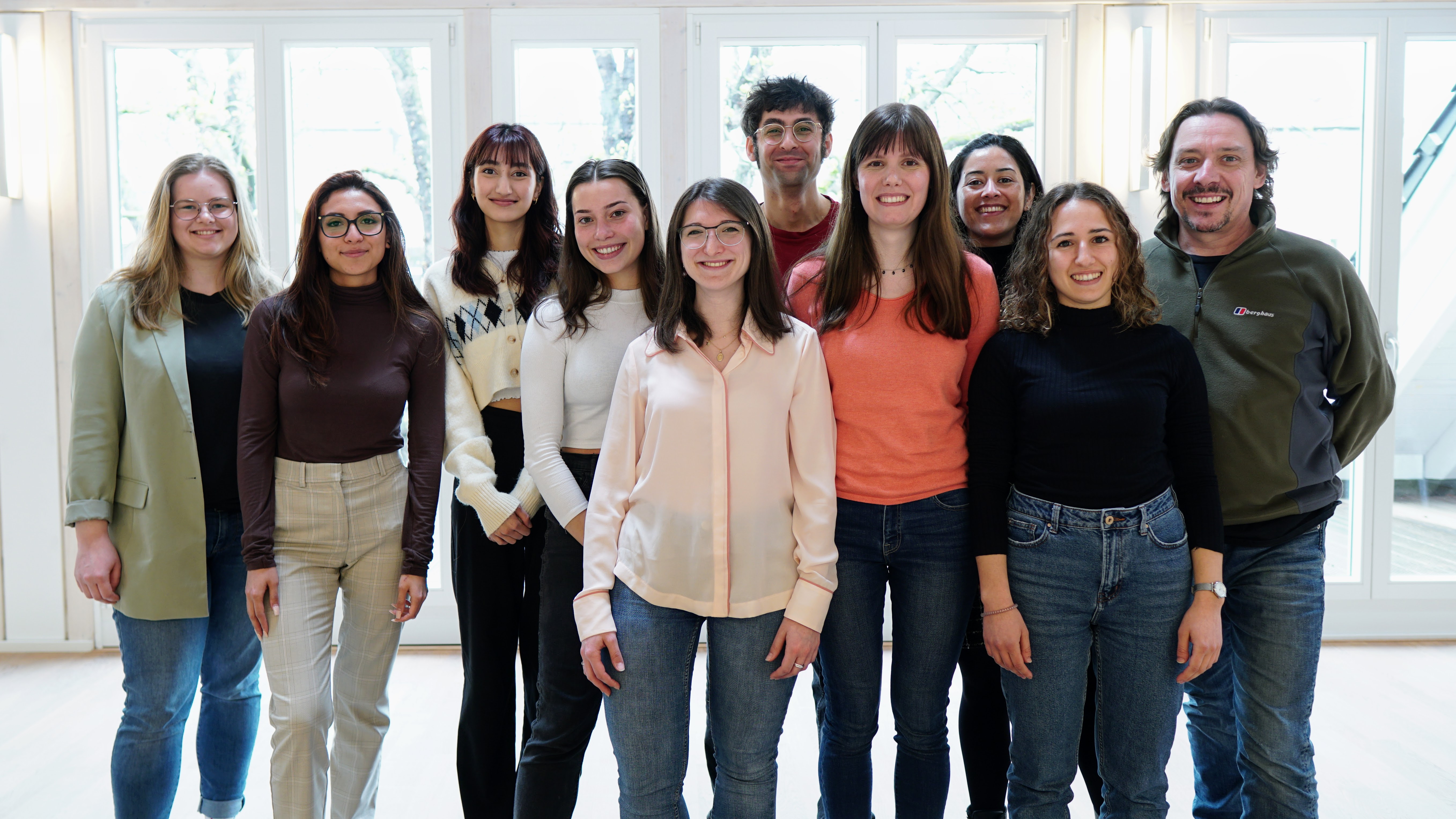Google presented numerous new AI use cases and developments at its I/O conference this week. My SEO perspective on some of the key points:
AI Mode. In the US, Google will offer AI Mode to all users in the future. This mode is essentially the chatbot version of Google Search. Similar to ChatGPT, users enter their questions and receive the answers not in the classic SERP format, but summarized in a chat. However, AI Mode will not replace the standard search; it must be actively selected.
The use of the other tabs that Google has offered for many years (videos, news, etc.) is not overbearing – they usually only gain relevance when integrated as vertical searches in the organic SERPs. I’m also not convinced that a chat interface is the preferred search form for the majority of users. Bing has been offering a similar function for over a year in collaboration with OpenAI and has lost market share than rather than gained during this time.
AI Overviews are getting better. Now that AI Overviews are also available to all users in Europe, Google is working on improving the quality of answers. The content of the AI Overviews will, in the future, come directly from Gemini 2.5 – a significant leap in quality compared to Gemini 2.0. Google is also already developing specific vertical applications for the AI Overviews. Over the course of the summer, for example, the AI should be able to independently visualize data and answers in diagrams and charts (bye bye Statista?).
Communication with webmasters. In my opinion, Google is laying the foundation for far-reaching changes in communication with the sources of information compiled by Google AI. Google emphasises on all channels that searchers’ needs are changing and that Google is adapting accordingly. The number of search queries reportedly continues to rise, which may also be due to the fact that the AI links internally to other searches. Google emphasizes that clicks from AI Overviews are more valuable than regular clicks. Furthermore, website operators should no longer focus so heavily on metrics such as clicks or traffic. For me, this is a very clear signal that we can expect fewer visits from Google Search in the future.


